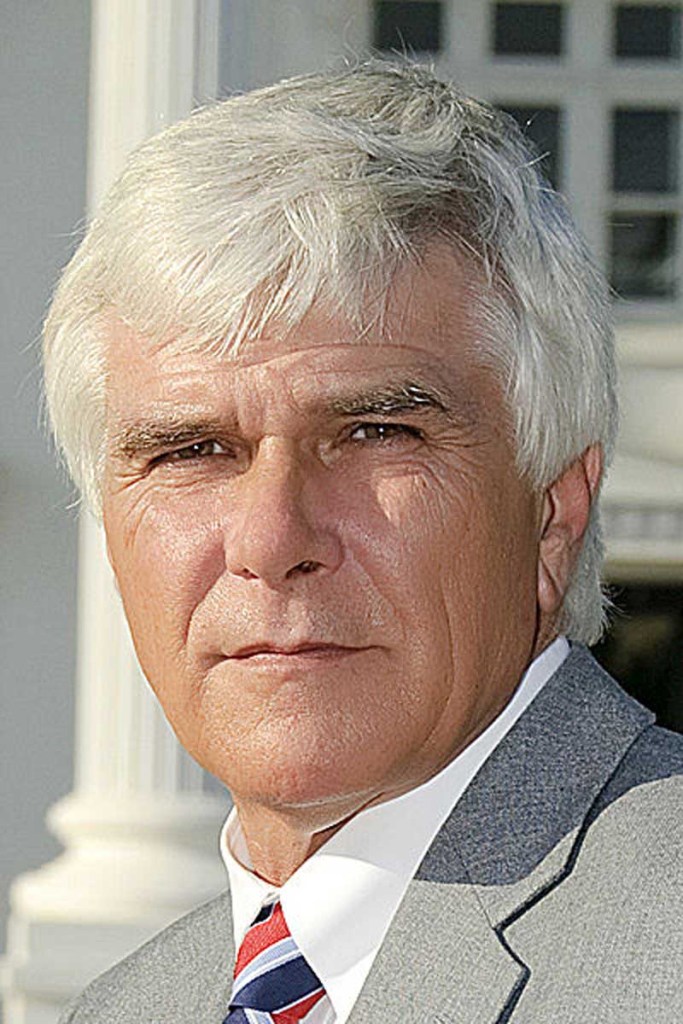Legislators expect fast-paced session
Published 9:42 pm Saturday, January 11, 2014

- Georgia Rep. Jay Powell, R-Camilla.
The Observer asked the three local legislators what the upcoming General Assembly session will be like when it starts next week.
Sen. Dean Burke: “The leadership is telling us it’s going to be a fast one …”
Rep. Jay Powell: “We’re going to be moving fast.”
Rep. Sam Watson: “It’s going to be a pretty quick session.”
There appears to be a theme developing.
The state Constitution requires the General Assembly to meet for a maximum of 40 legislative days, but they don’t have to be back-to-back. That way, days of committee meetings or other activities can interrupt actual session days as needed. Last year, for instance, the session opened on Jan. 14 and adjourned March 28, but the Legislature actually met for only 40 days during those two-and-a-half months.
Not this year, Colquitt County’s legislators say, and you can blame (or credit) a federal judge.
Back in 2012, the judge ruled Georgia did not allow enough time for absentee ballots sent overseas — such as to deployed service members — to make their way back home to be counted. The Secretary of State’s office scrambled to make elections work that year as this ruling came late in the election process, according to a story on Georgia Public Broadcasting’s website from that time.
That story says federal law requires absentee ballots be available 45 days before an election — any election, including a runoff.
Typically, Georgia holds its primary in July, but if a runoff became necessary the state wouldn’t have the 45 days to get absentee ballots out before the runoff election would have to be held. Therefore, one of the first things on the legislature’s agenda is to set the primary for May 20.
Every state representative and every state senator must face election every two years, including this year. So if they’re in session until some time in April, that doesn’t leave much time for campaigning before election day.
“Most folks don’t want to be stuck in Atlanta when the’ve got somebody back home making speeches and raising money,” said Rep. Powell, R-Camilla.
So all three in the local delegation agreed the session will go quickly. Powell and Watson estimated it would be over in mid-March.
The saying goes that “Haste makes waste,” but the legislators said the session’s haste probably wouldn’t make much of anything. The state Constitution requires the General Assembly to pass a budget, so that will be the top priority, they all said.
Sen. Burke, R-Bainbridge, said the budget will be a little easier this year because of a 5 percent increase in state revenue compared to last year, but he said there are a lot of state agencies that have been severely cut due to the economy the last few years. Every one of them will want access to a chunk of that new money, and state employees will want the raises they’ve been denied for so long.
Once the budget is in order, Powell said, legislators will ask, “What else do we have to do? We’re going to do what we have to do, and then we’re going home.”
As to what those necessities are, the three legislators differed.
Burke
• Burke is sponsoring legislation to create a Maternal Mortality Commission, codifying an informal group already in existence to research why so many mothers die in childbirth in Georgia.
• Water issues will also be prominent, including the Flint River Protection Bill, which passed the Senate last year but must be approved by the House of Representatives this year to take effect. Burke believes laws like this will help defend Georgia against a lawsuit by Alabama and Florida, which are seeking a greater share of water flowing from Georgia.
Powell
• Powell expects a firearms bill to come to a vote. Last year, several such bills were discussed with references to mental health, background checks and locations where guns can or cannot be carried. He said this year’s proposal will take the best from each of those, but he expects it to be contentious nonetheless.
• Gov. Nathan Deal will present the third phase of his criminal justice reform proposal, Powell said. This year’s effort will involve prisoners’ transition back to civilian life. Earlier reforms included establishing accountability courts for drug offenders, changing penalties for felony offenses and reforming the juvenile justice system.
• Powell said he also expects bills dealing with health care and taxes, but he said he doesn’t expect either to be particularly meaningful.
Watson
• Watson, R-Moultrie, said job creation is a priority for both the governor and the Speaker of the House, David Ralston, so that issue will be a priority in the Legislature as well.
• He said he has heard the governor plans more money for technical colleges when he outlines his legislative priorities next week, but he has no details on any proposal.





